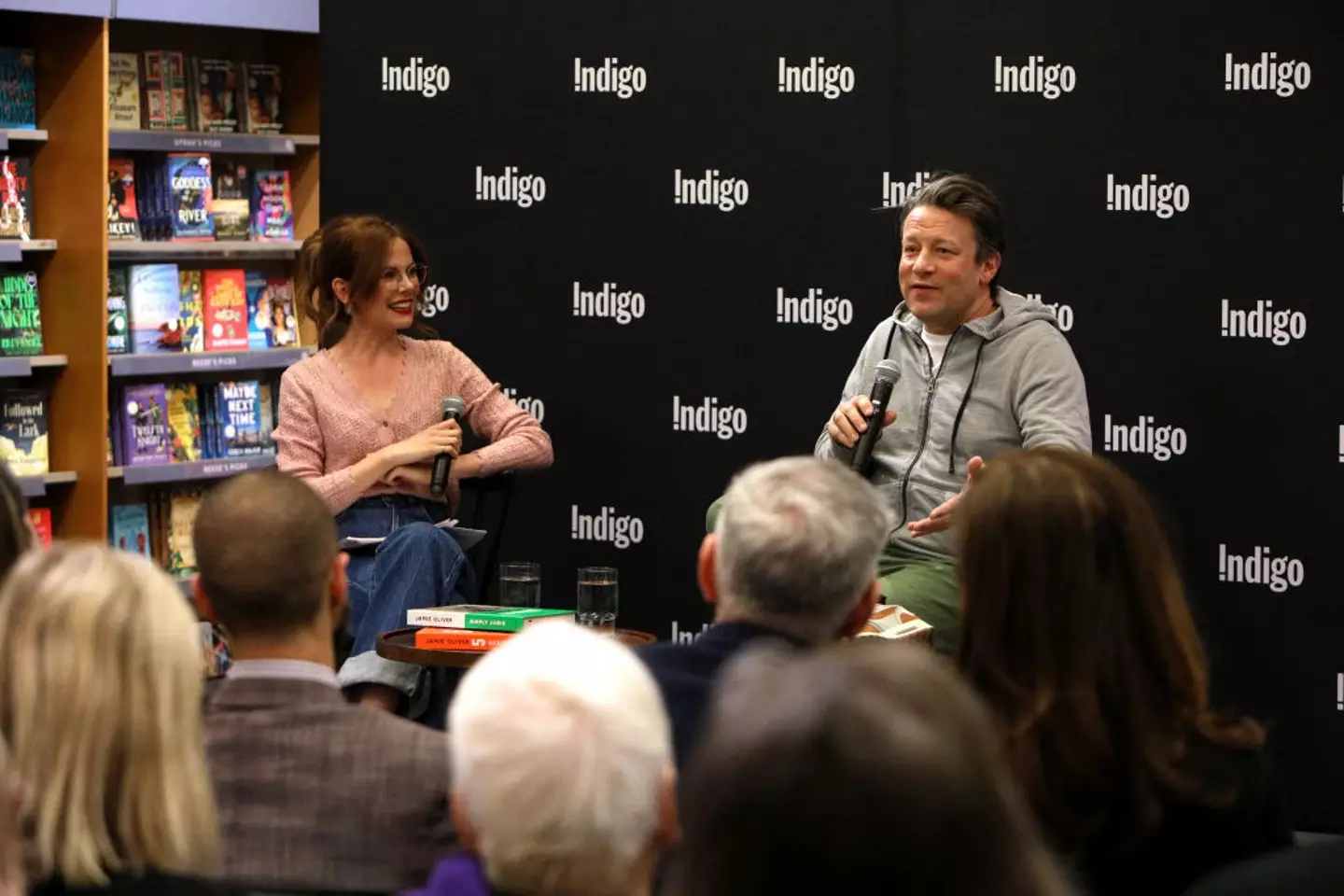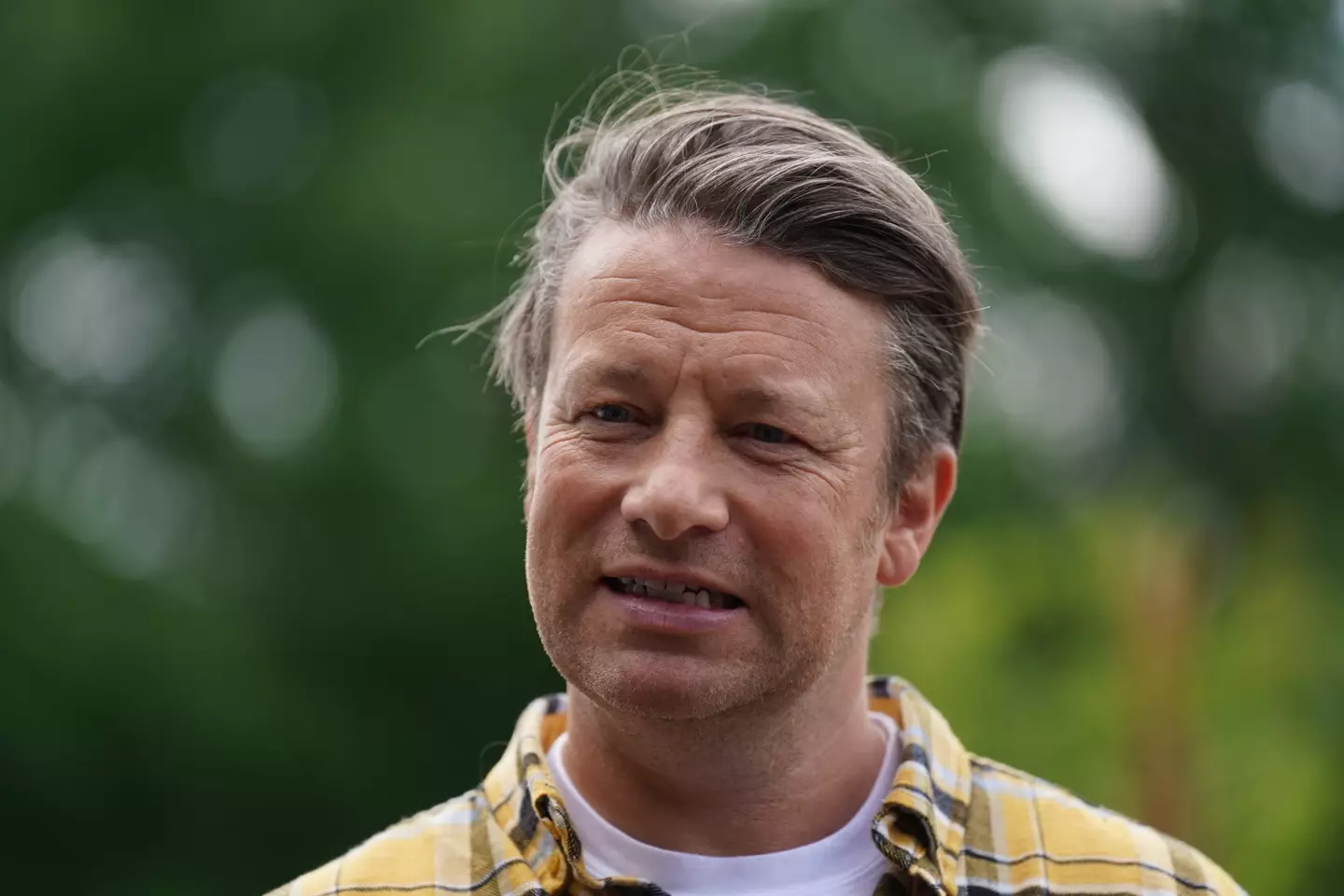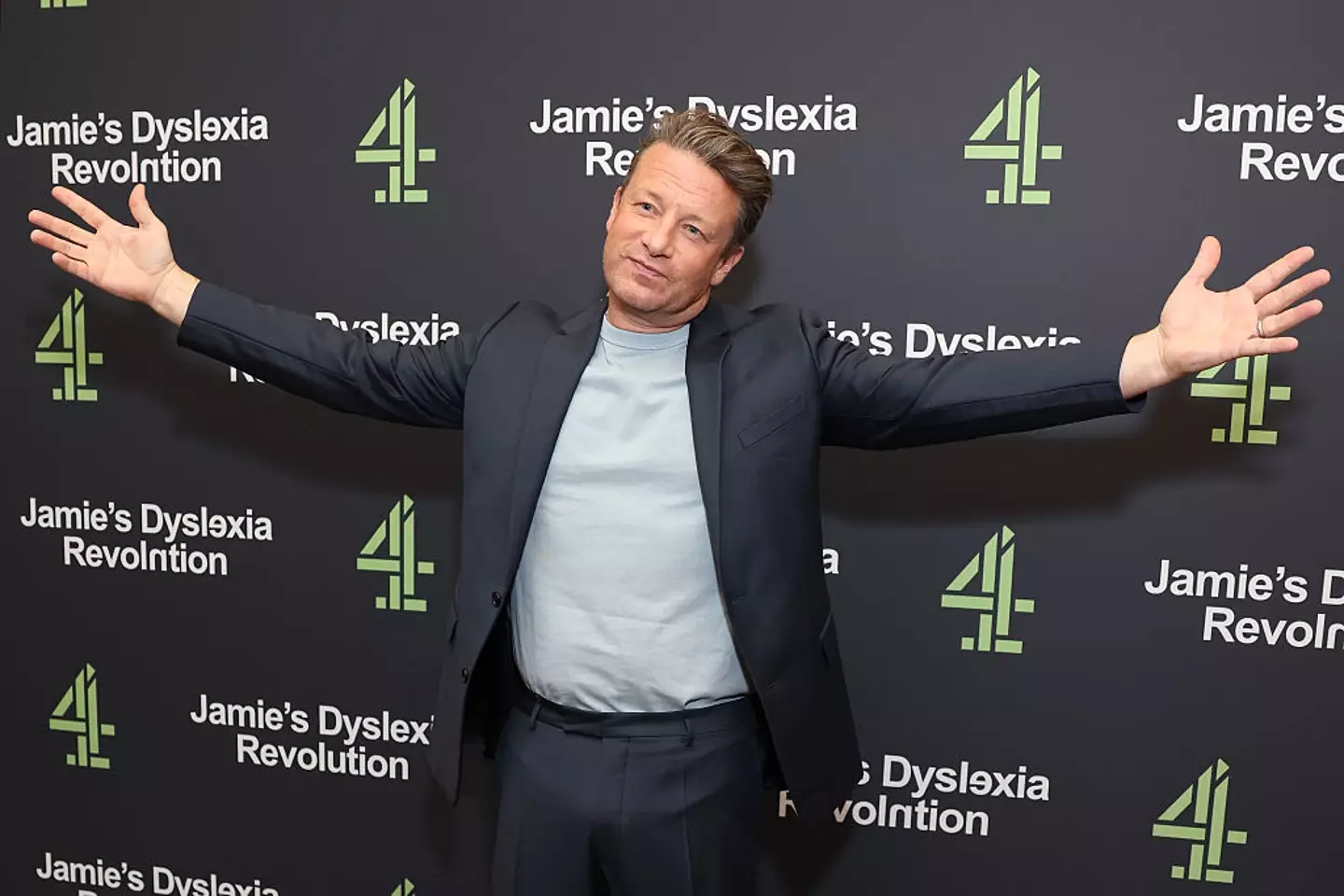
There are a few questions left lingering by my school days that I will never be able to answer. How much more successful would I be if I’d got my planner signed every week like my form tutor insisted? How much taller would I be if I’d never eaten a turkey twizzler?
The kids of today will never need to ask themselves that second question, of course. Courtesy of Jamie Oliver, celebrity TV chef and restaurateur, turkey twizzlers have been absent from school canteens since 2005.
Now, their banning may be a wound that might never heal for those of us born in the 90s, but the twizzlers’ ban was something of a public service from Oliver.

Advert
His campaign for healthier eating in schools brought kids’ diets to the front of public consciousness. Sadly, nutritious school meals still seem like the exception rather than the rule, but many strides made in the interests of childhood nutrition can be traced back to the chef’s committed campaigning.
Now, Oliver’s back at it with schools for a different reason. As a prominent advocate for dyslexia awareness and the provision of support for affected kids, he’s fronting a new documentary covering inadequate provisions for neurodivergent children in British schools.
With his own lifelong battle with dyslexia having begun at school, he said, “School was tough because I didn’t get it, now seeing kids and families go through that same pain in 2025 makes me angry. I didn’t realise how big this was and how upsetting it is.”
According to the NHS, dyslexia is a learning difficulty that affects around 10% of people in the UK.
It doesn’t impact upon intelligence, but it does affect reading, writing and spelling skills. People with dyslexia often describe words and letters as ‘jumping around the page’, making it difficult to follow or comprehend writing as naturally as those who don’t have the condition.
With adequate support, dyslexia sufferers can improve their reading and writing skills and it needn’t be a decisive impediment to academic or professional success.
Unfortunately, that support isn’t as widely available as it would ideally be.
For Oliver, the British education system is fundamentally broken when it comes to supporting young people with neurodivergent conditions.
The show sees him confronting Bridget Phillipson, the Secretary for Education, over the need to rethink provision for affected kids.
“Our young people deserve better,” he says in the show. “We want truly inclusive schools where ever child can thrive. That change is a long time overdue.”
Despite having authored over 20 cookbooks, Oliver said: “I read my first [book] when I was about 33.”

He added: “When I left school, it was, ‘good riddance to you. The memories of no books, spelling errors, crosses repeated. I expected very little of myself because success in school is built on things a dyslexic brain isn’t good at.”
For him, now 50, his inadequate support as a child has yielded lifelong consequences. “My inner voice isn’t as confident when I’m reading,” he explained.
“My eyes aren’t really tracking well. I’m used to it. Some days are better than others. I’m better when I’m less tired.”
His frustration with the continued shortfalls in provisions for neurodivergent children gave rise to the documentary, which is an eye-opening account of people’s experiences of neurodivergence in the UK.
Other celebrities feature, such as Holly Willoughby. The former This Morning host shared that her own battle with dyslexia was ruinous for her confidence.
She said: “I was terrible at spelling. “I knew that because I’d always get really poor results at spelling tests. When I’d get my homework back, there’d be red pen all over it where there would be ‘silly’ mistakes.’”
Jamie Laing of Made In Chelsea fame shared: “I don’t understand how people can write down a word they’ve heard. I don’t understand how the words go, to the point where some of them look upside down and backwards.”

He added that his struggle with dyslexia was generally cause for punishment rather than support at school: “I would get in trouble a lot. I would be in detention because I was frustrated.”
For Oliver, cooking was the lifeline he needed to build his confidence and self-worth after losing faith his academic potential. “Cooking really saved me,” he said. “I felt free to create in the kitchen. Cooking gave me the confidence to not go too dark with dyslexia.
“Being extracted out of class for a special needs class isn’t cool. It came with a bit of a tag, a dunce’s hat. Before long, the feelings of not being enough or being dumb, even in primary school, were in my psyche.”
Speaking at the British Library ahead of the documentary's debut, Oliver stressed how differently things could have turned out for him had he not turned to cooking.
"Statistically, if you follow the data, I might have ended up in jail," he said.
"The stats are really clear.
"There's a paper trail showing that dyslexic kids are three and a half times more likely to be expelled."
In the documentary, he calls on the government to introduce earlier screening for neurodiversity in children, while also improving teacher training so that educators know how to support different needs.
"That often leads to a pathway from expulsion to violent crime," he went on.
"It's linked to lower educational attainment, lower-paying jobs, and over 50% of inmates in prison are dyslexic.
"I wasn't one of the kids who suffered. I found cooking, and it totally saved me."
Jamie’s Dyslexia Revolution airs this evening at 9pm on Channel 4, and will also be available to watch on-demand.
Topics: TV and Film, Celebrity
